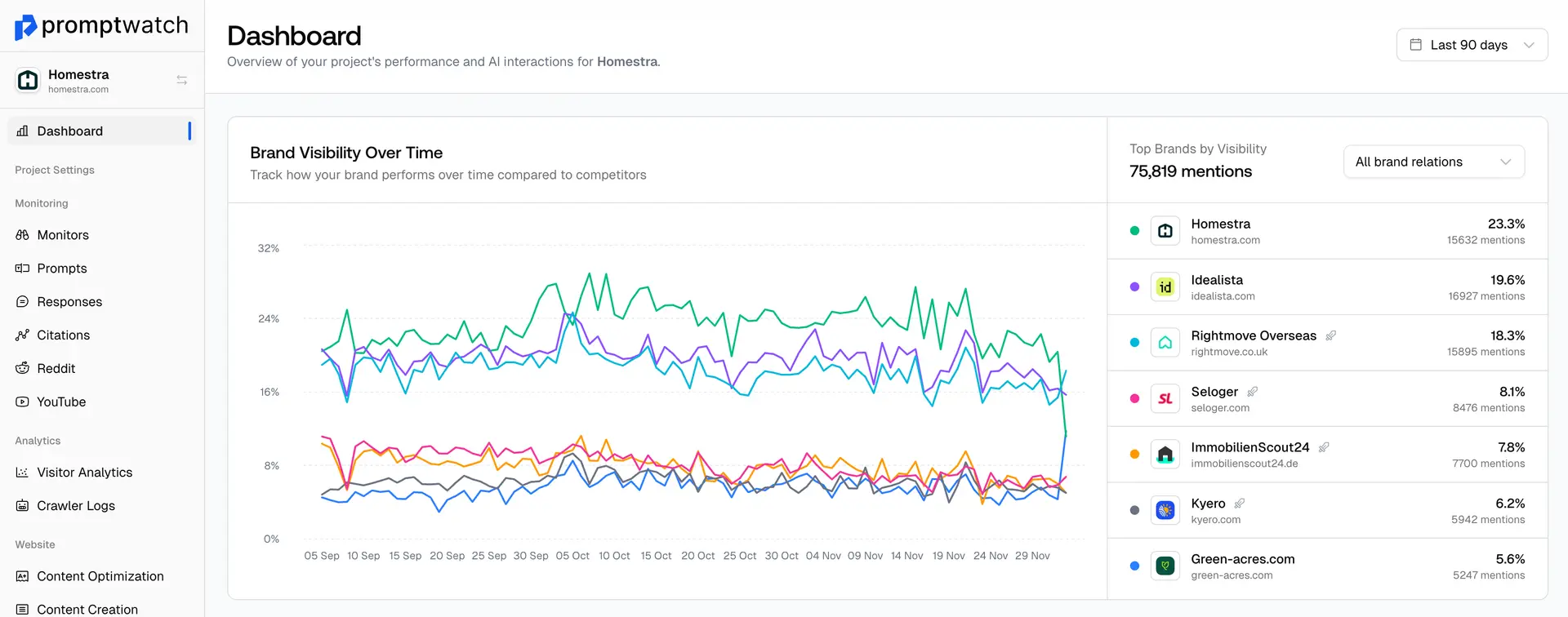Definition
RankBrain is Google's machine learning artificial intelligence system that helps process search results and understand the meaning behind queries, particularly those that are new, unique, or ambiguous. Launched in 2015, RankBrain was Google's first major implementation of AI in their core search algorithm and represents a significant shift toward machine learning-based search understanding.
As a component of Google's overall Hummingbird algorithm, RankBrain uses artificial intelligence to interpret search queries and find pages that might not contain the exact words used in the search but are still relevant to the user's intent. The system is particularly effective at handling never-before-seen queries (which account for about 15% of daily searches) by finding patterns and similarities with previous searches. RankBrain works by converting words and phrases into mathematical entities called vectors that the computer can understand, then looks for similarities between different queries to predict what users are actually seeking.
For modern SEO and GEO strategies, RankBrain emphasizes the importance of creating comprehensive, high-quality content that satisfies user intent rather than focusing solely on exact keyword matches. Content that performs well with RankBrain tends to be thorough, well-structured, and genuinely helpful, which aligns with what AI language models look for when citing sources.
Understanding RankBrain helps inform content strategies that work across both traditional search and AI-powered systems, as both rely on understanding user intent and content relevance.
Examples of RankBrain
- RankBrain interpreting the query 'what's the title of the consumer at the highest level of a food chain' and understanding it refers to 'apex predator' even without those exact terms
- The system recognizing that searches for 'how to fix a leaky faucet' and 'repairing dripping tap' have similar intent despite different terminology
- RankBrain helping Google understand that 'best smartphone for photography' and 'phone with good camera' are seeking similar information
- The algorithm improving results for ambiguous queries by learning from user behavior patterns and successful result interactions
